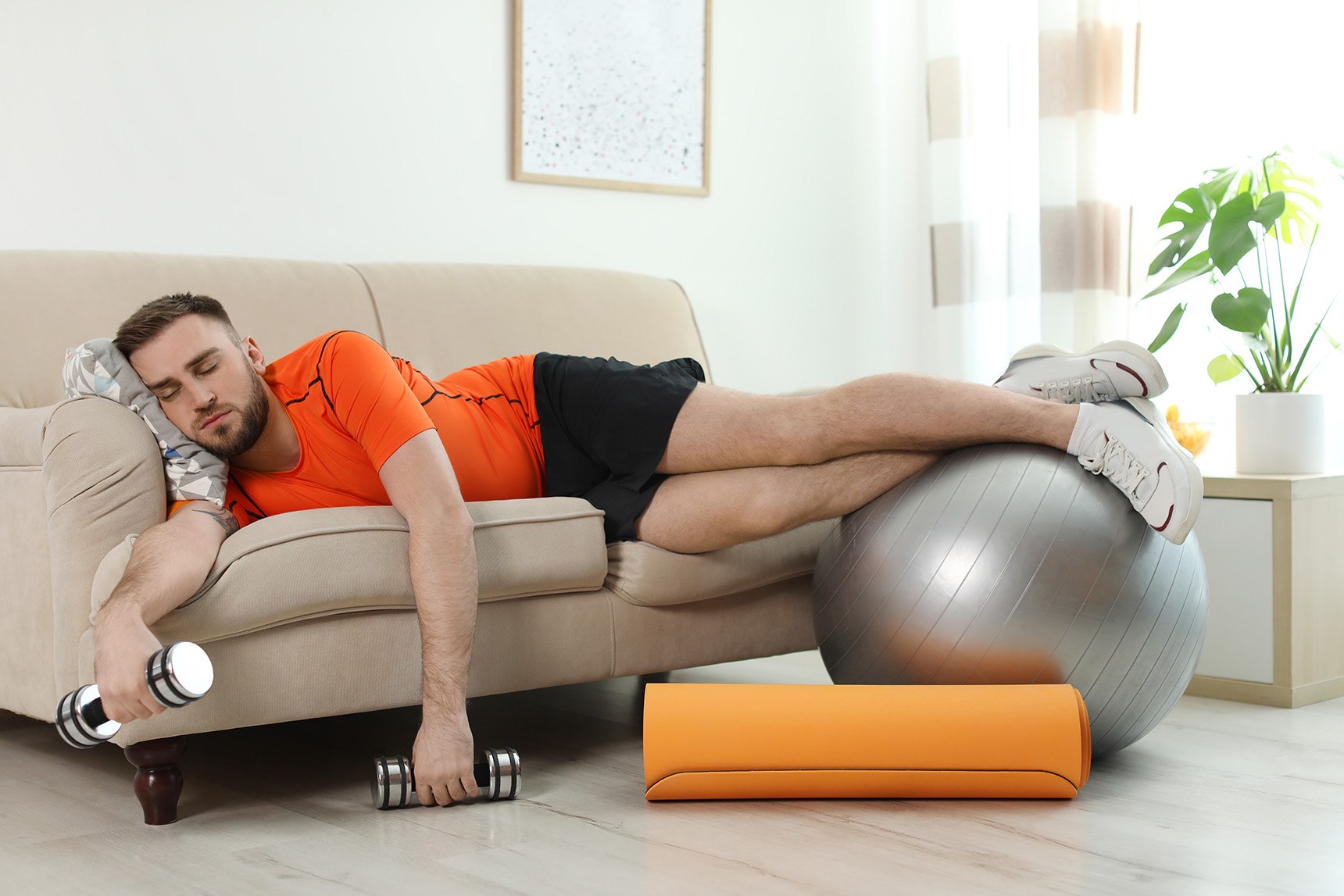A Symbiotic Relationship: How Exercise affects Sleep
September 22, 2023

In today’s fast-paced world, ensuring a good night’s sound sleep can often feel like an elusive goal. Many factors influence our ability to achieve quality rest, and surprisingly one of the most overlooked contributors to better sleep is regular exercise.
In this article, we will explore how exercise affects sleep and why incorporating physical activity into your daily routine can lead to more restful nights and improved overall well-being.
The Science Behind It
To understand how exercise affects sleep, we must first understand the physiological mechanisms involved. When we engage in physical activity, several key changes occur in our bodies:
- Body Temperature Regulation: Exercise raises our core body temperature, and post-exercise, it gradually decreases. This drop in temperature signals the body that it’s time for sleep, as a lower body temperature is conducive to falling asleep.
- Hormone Release: Exercise stimulates the release of endorphins, which can reduce stress and anxiety. Also, it triggers the release of hormones like adrenaline and cortisol, which are important for daytime alertness but should ideally decrease in the evening to promote sleep.
- Improved Circulation: Regular exercise enhances blood circulation and oxygen delivery to all parts of the body, including the brain. This improved circulation can lead to better sleep quality by ensuring that all bodily functions are optimally regulated.
- Muscle Relaxation: Physical activity also promotes muscle relaxation, which can alleviate physical tension and discomfort that might otherwise disrupt sleep.
Types of Exercise and Their Effects on Sleep
Different types of exercise can have varying impacts on sleep patterns:
- Aerobic Exercise: Activities such as running, swimming, and cycling increase the amount of deep sleep (slow-wave sleep) experienced during the night. Deep sleep is crucial for physical restoration and feeling refreshed upon waking.
- Strength Training: Resistance training and weightlifting can lead to improved sleep by increasing muscle mass and promoting better overall physical health.
- Yoga and Stretching: These exercises focus on relaxation, flexibility, and stress reduction. They can be particularly effective for individuals who struggle with insomnia or have difficulty winding down before bed.
- Timing Matters: Engaging in vigorous exercise too close to bedtime can actually have the opposite effect and disrupt sleep due to increased adrenaline and heart rate. It’s generally recommended to finish exercise at least a few hours before bedtime.
The Benefits of Regular Exercise for Sleep
- Reduced Insomnia: Regular exercise can help individuals fall asleep faster and stay asleep longer, reducing the symptoms of insomnia.
- Improved Sleep Quality: Exercise can lead to deeper, more restorative sleep, leaving you feeling more refreshed and energized in the morning.
- Stress Reduction: Exercise helps reduce stress and anxiety, which are common contributors to sleep disturbances.
- Enhanced Mood: Better sleep can lead to improved mood and mental well-being, creating a positive feedback loop with exercise.
- Weight Management: Exercise is instrumental in maintaining a healthy body weight, and weight-related sleep disorders, such as sleep apnea, can be controlled.
Conclusion
Incorporating regular physical activity into your daily routine can lead to a plethora of benefits, including improved sleep quality, reduced insomnia, and enhanced overall well-being. So, lace up those sneakers or roll out that yoga mat – your path to better sleep may just be a workout away.
Need more topics related to wellness? Check out this section: https://lifelonglabs.com/wellness/
Of course, don’t forget to follow us on Instagram, Facebook, LinkedIn, and YouTube to get your daily dose of wellness, longevity and leadership inspiration!
Editor’s Note: Lifelong Labs, founded by wellness advocate Greg Lindberg, is a science-based wellness, longevity and leadership brand that helps people live younger longer, healthier and happier. For more information, visit LifelongLabs.com.
MEDIA RESOURCES
Media Inquiry? Contact Public Relations
CONNECT WITH US
Video
Lifelong Labs Helps People Live Longer, Healthier and Happier
SUBSCRIBE
Subscribe now and unlock the secret to reversing aging!
By clicking “Subscribe” you agree to our Privacy Policy and consent to contact you about our relevant content, products and services.

